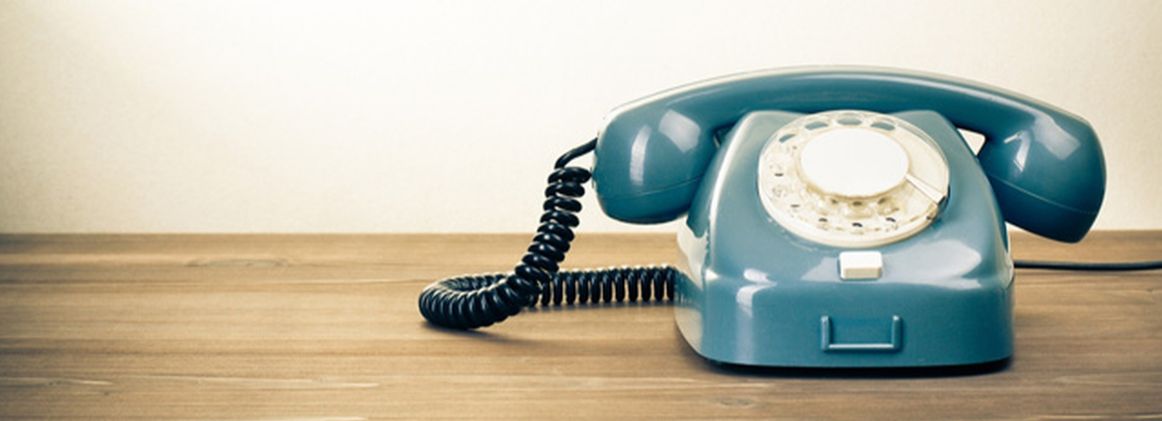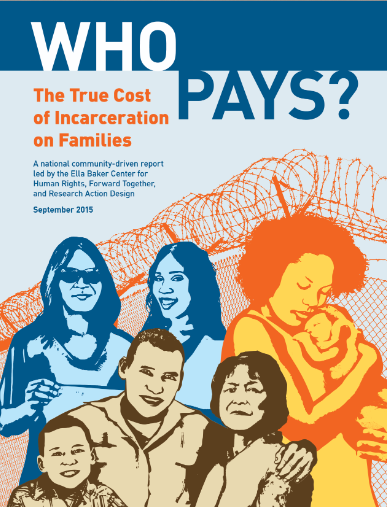
When KI was in the San Francisco County jail and about to be released, they could not call their family to let them know. Nor could they make calls to look for work or find a place to stay. That’s because KI could not afford the steep price of phone calls from jail.
Across the country, it’s a common practice in jails and prisons to mark up prices for phone calls and jail store items. Yesterday, San Francisco Mayor London Breed, Sheriff Vicki Hennessy, and Treasurer José Cisneros announced that San Francisco will become the first county in the nation to make all phone calls from jail free and end all county markups, or commissions, on jail store items. San Francisco will no longer generate revenue from incarcerated people and their loved ones. The plan is funded in the Mayor’s recently announced budget and the Sheriff’s Department will implement these reforms over the coming year. The announcement was covered by KQED and the San Francisco Chronicle.
 “When someone is incarcerated, their family shouldn't have to choose between talking to them on their phone and paying their bills. This is a matter of economic justice that can also help reduce recidivism by easing people's re-entry to society,” said Mayor Breed.
“When someone is incarcerated, their family shouldn't have to choose between talking to them on their phone and paying their bills. This is a matter of economic justice that can also help reduce recidivism by easing people's re-entry to society,” said Mayor Breed.
Phone call and jail store/commissary costs are a significant economic drain on low-income people. In San Francisco, if someone makes two 15-minute phone calls a day, it will cost $300 over 70 days (the average jail stay) or $1,500 over the course of the year. In total, people in the San Francisco county jails and their families pay more than $1.7 million each year in phone call costs and commissary markups.
 Research shows the cost is most often borne by low-income women of color. In a national survey of incarcerated people and their families, eighty-two percent of survey participants reported that family members were primarily responsible for phone and visitation costs. Of the family members who were responsible for the costs, 87% were women.
Research shows the cost is most often borne by low-income women of color. In a national survey of incarcerated people and their families, eighty-two percent of survey participants reported that family members were primarily responsible for phone and visitation costs. Of the family members who were responsible for the costs, 87% were women.
Increased communication between incarcerated people and their loves ones decreases recidivism, and improves reentry outcomes after release. Phone calls are people’s lifelines to their support networks. Staying in touch with family and support networks helps people get through their time in jail; maintain families ties that they’ll need to rely on when they get out; plan for a place to live and find work.
We’re proud to have worked with many community leaders to advance these reforms, including All of Us Or None, Community Housing Partnership, Lawyers’ Committee for Civil Rights of the Bay Area, Legal Services for Prisoners with Children, SF Public Defender’s Office, SF Human Rights Commission, Taxpayers for Public Safety, Young Community Developers, Young Women’s Freedom Center, and Worth Rises.
Yours in Financial Justice,
Anne and Christa
